We all want what’s best for kids, if only we knew–but we do; helping kids develop self-regulation skills is critical for their future and their success. And the most sensitive time to begin that process is during the early years, from birth to the age of 5. The best way is with everyday, ordinary experiences. 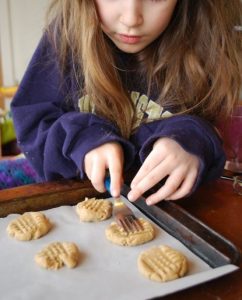 Self-regulation involves coping with emotions, controlling impulses and attention, handling problems, and being able to wait. Early childhood expert, Dr.Ida Rose Florez, has studied young children and the role of self-regulation. In her article, Developing Young Children’s Self-Regulation through Everyday Experiences, she describes it as a sort of internal thermostat that we all use to guide our responses to situations. Children learn how to turn on and off their reactions to situations and to warm up or cool down their interactions. Like any other skills, this takes practice and support. As parents and teachers, we can help kids develop them.
Self-regulation involves coping with emotions, controlling impulses and attention, handling problems, and being able to wait. Early childhood expert, Dr.Ida Rose Florez, has studied young children and the role of self-regulation. In her article, Developing Young Children’s Self-Regulation through Everyday Experiences, she describes it as a sort of internal thermostat that we all use to guide our responses to situations. Children learn how to turn on and off their reactions to situations and to warm up or cool down their interactions. Like any other skills, this takes practice and support. As parents and teachers, we can help kids develop them.
Each day will have countless opportunities for us to model how we control and regulate our emotions and behaviors. For instance, if we are feeling frustrated because the morning is hectic, we can mention we’re getting pretty upset and need to take a deep breath so we can get back to being calm. Out and about, if we have to wait in line, we can talk about how it’s hard to wait for a turn, but that’s what people do.
Children don’t have the words to tell us about their emotions. When we notice emotions building, we can say something like, “I see you are feeling frustrated because you can’t get that toy to work.” Or perhaps, “I hear your voice is quite upset when your sister/brother won’t listen to you. Are you feeling angry?” As well as cues and reminders, a gentle touch or short back rub can help a child regain control.
Books and stories are great resources for sharing examples. There are dozens of titles for many common issues for kids. Maurice Sendak’s, “Where the Wild Things Are,” has been a top choice for decades. 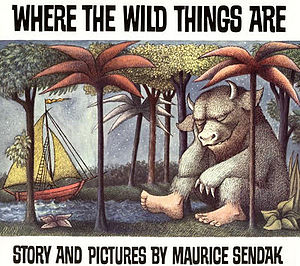
One of the best opportunities for helping kids develop self-regulation skills is, of course, through play. As children play, they are being constantly challenged to explore their emotions, solve problems, and direct their attention. Development of these skills gives kids a distinct advantage, it enables them to ‘steal a march.’ What can you do today to support learning self-regulation?

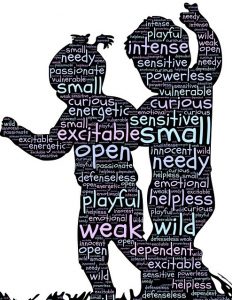
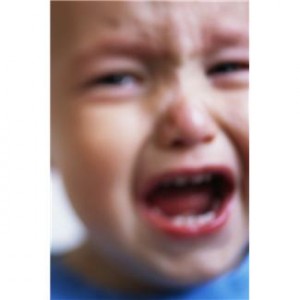
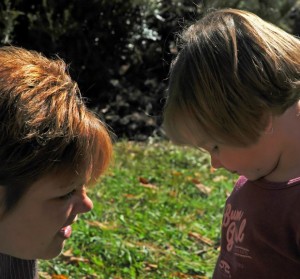

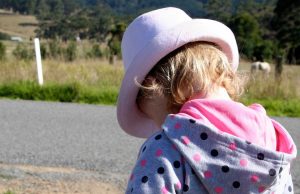
 Winning and losing is a challenge for adults. Children’s coping with winning and losing will need our example and support. How do you help your child?
Winning and losing is a challenge for adults. Children’s coping with winning and losing will need our example and support. How do you help your child?